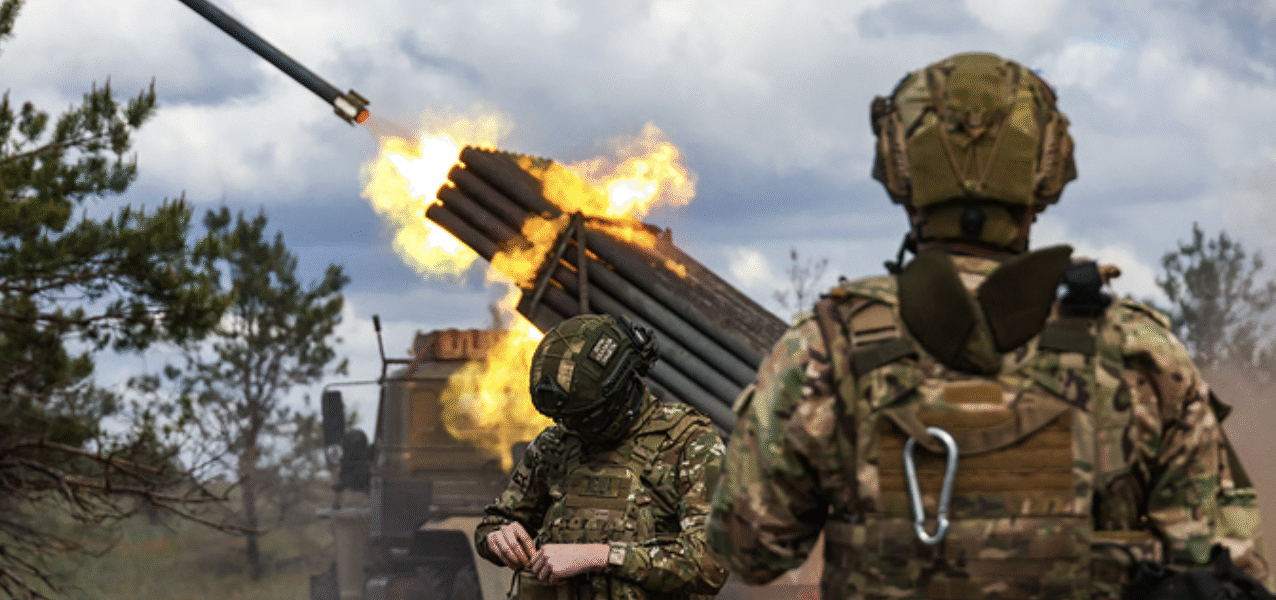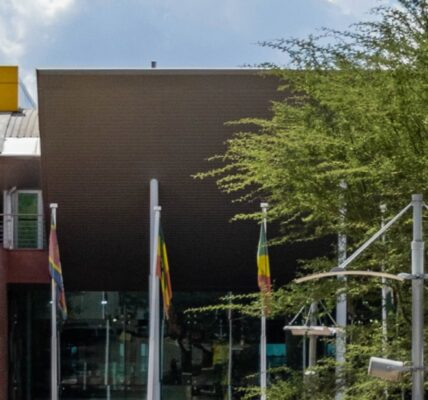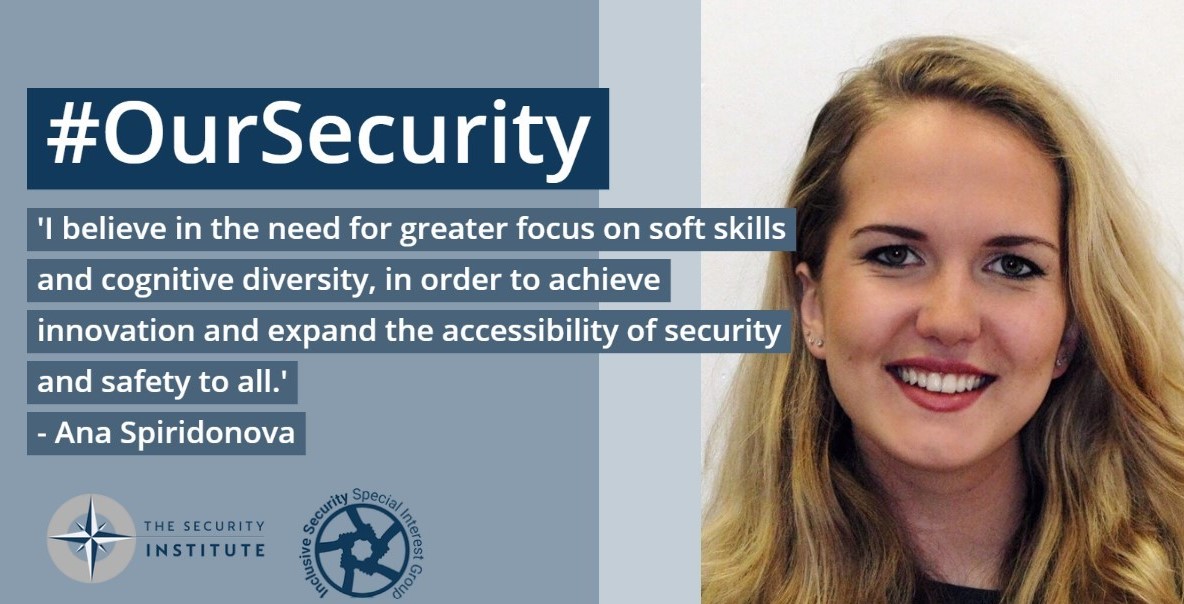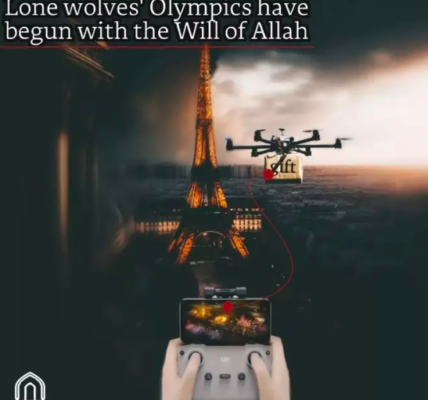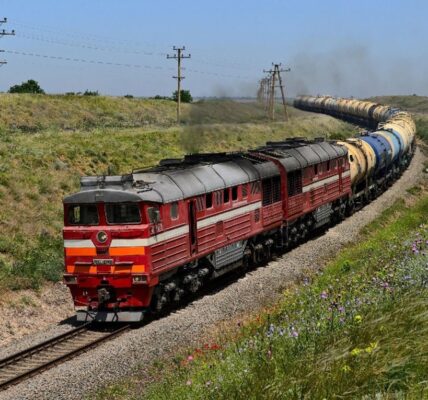Russia exploits the West’s failure to counter Islamic extremism in Africa, experts claim

By Ben Farmer
Russia welcomed African military and security officials to Moscow this week, amid fears it is expanding its footprint on the continent by exploiting the West’s failure to counter jihadists.
The Kremlin showcased its security expertise and arms industry to representatives from over 100 countries at the 13th International Meeting of High Representatives for Security Issues in Moscow.
Attendees, including Iran and China, discussed security challenges ranging from counter-insurgency and financial crime to artificial intelligence, deepfakes, and cyber attacks.
Offering security expertise has become a potent selling point in the Kremlin’s efforts to engage with governments and gain influence in the developing world, analysts say.
A number of countries in the Sahel region have pivoted towards Moscow and expelled Western forces in recent years, expressing frustration at the failure of European and American interventions to defeat jihadist rebels.
The two-day event, chaired by Sergei Shoigu—head of the Russian Security Council and former defence minister—saw dozens of African nations in attendance.
Delegations included security ministers from Niger, Burkina Faso, and Mali, where Moscow-backed military juntas are relying on Russian support to combat jihadist insurgencies.
Will Brown, senior policy fellow for Africa at the European Council on Foreign Relations, said: “The Kremlin wants to present itself in Africa as a counterweight to the US and Europe.
“Their key focus is on the Sahel region, on the southern edge of the Sahara Desert, where a series of coups has brought pro-Russian strongmen to power.
“Their engagement there was initially opportunistic, taking advantage of France’s failure to defeat various jihadist groups, but it has now become about carving out a vast area of influence on Europe’s southern flank—with all the strategic advantages that might bring.”
Rosoboronexport, the Russian state agency responsible for military trade, said it was holding dozens of meetings at the summit to showcase its latest defence wares.
Exhibitions highlighted drone, counter-drone, and electronic warfare technologies that have become ubiquitous in the Ukraine war.
“All the products we are showcasing have been tested in real conditions and have proved their compliance with the claimed performance,” said the agency.
Prof Alexei Maslov, director of the Institute of Asian and African Studies at Lomonosov Moscow State University, told the event that Russia was pivoting towards Asian and African partners.
He said: “This is an awareness that the world exists beyond Western culture—that there are more interesting options and partners in scientific research, education, and economics than, for example, partners from the USA or Europe.”
Yet even with Russian backing, the Sahel juntas have struggled to subdue their insurgencies. In Burkina Faso, government forces are estimated to control as little as 35 per cent of the country, with jihadist groups like Jama’at Nasr al-Islam wal Muslimin (JNIM) besieging towns.
Local troops and their Russian backers are, meanwhile, accused of increasingly resorting to brutality and war crimes against civilians in an attempt to quell the uprisings.

